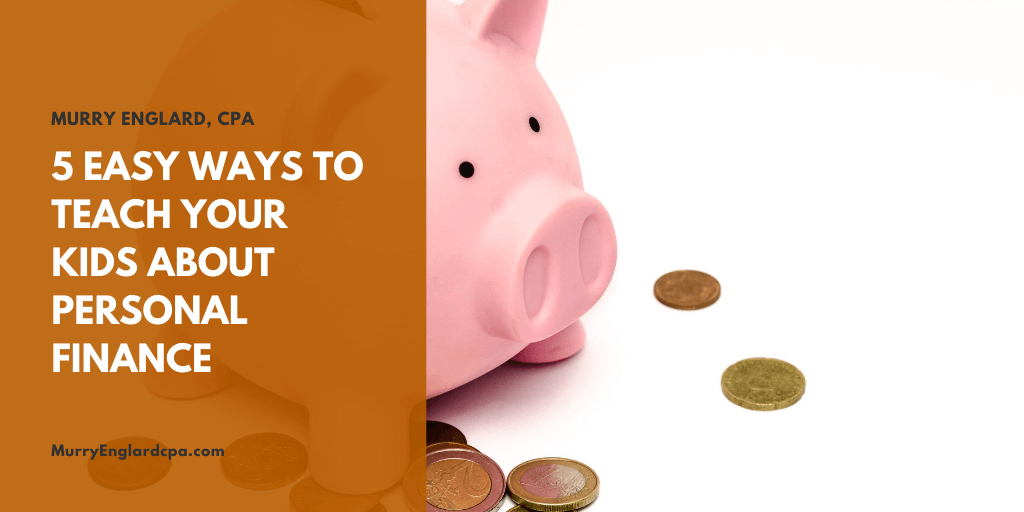Of all the lessons you’ll teach your kids, managing money is easily among the most important. Training children early in life to recognize and respect the value of money will set the stage for self-responsibility, sustainability, and all-around comfortable living. With the five tips below, you can easily integrate financial learning into your youngster’s everyday activities.
Lead by Example
The “do as I say, not as I do” approach never works with finances and children. Whether you’re actively instructing your kids on good money management or not, they’re constantly learning their financial habits from you. Make a point of avoiding impulse purchases, and make a visible commitment to saving. If you show your kids that you value your money, they’ll ultimately recognize its value too.
Let Your Kids Pay the Bill
The best way to help kids appreciate the cost of things is by letting them pay for it themselves. When your kids want a new toy or any other non-essential item, let them count their own money, bring it with them, and physically hand it off to the cashier. Experiencing how cash and goods are traded firsthand shows kids that nothing comes for free.
Help Them Experience the Joy of Saving
Buy your children piggy banks and encourage them to stash away a portion of their allowance each week. Using clear plastic jars instead of conventional piggy banks will track their money as it grows visually. If your kids have an impulsive desire to buy a new article of clothing, a book, game, or toy, have them save up for it rather than purchasing it right away.
Pay Your Kids a Fair Wage
Talk to your kids about their chores and the amount of allowance that they’re getting. Handing off a regular sum of cash each week for spending money doesn’t set the stage for responsibility. By paying them based upon the amount of labor they do instead, you can give your kids far more reasonable expectations of earning money and life in general work. In addition to their regular chores, you can also create opportunities for your kids to make additional money by cleaning the garage, cleaning out the gutters, or babysitting younger siblings.
Helping your kids develop a better awareness of money and improving their ability to manage it will provide lifelong rewards. Kids who learn how to handle their cash early on tend to experience fewer financial problems as adults. The four tips above are an excellent starting point for showing your youngsters the importance and joy of saving, budgeting, planning, and earning.

